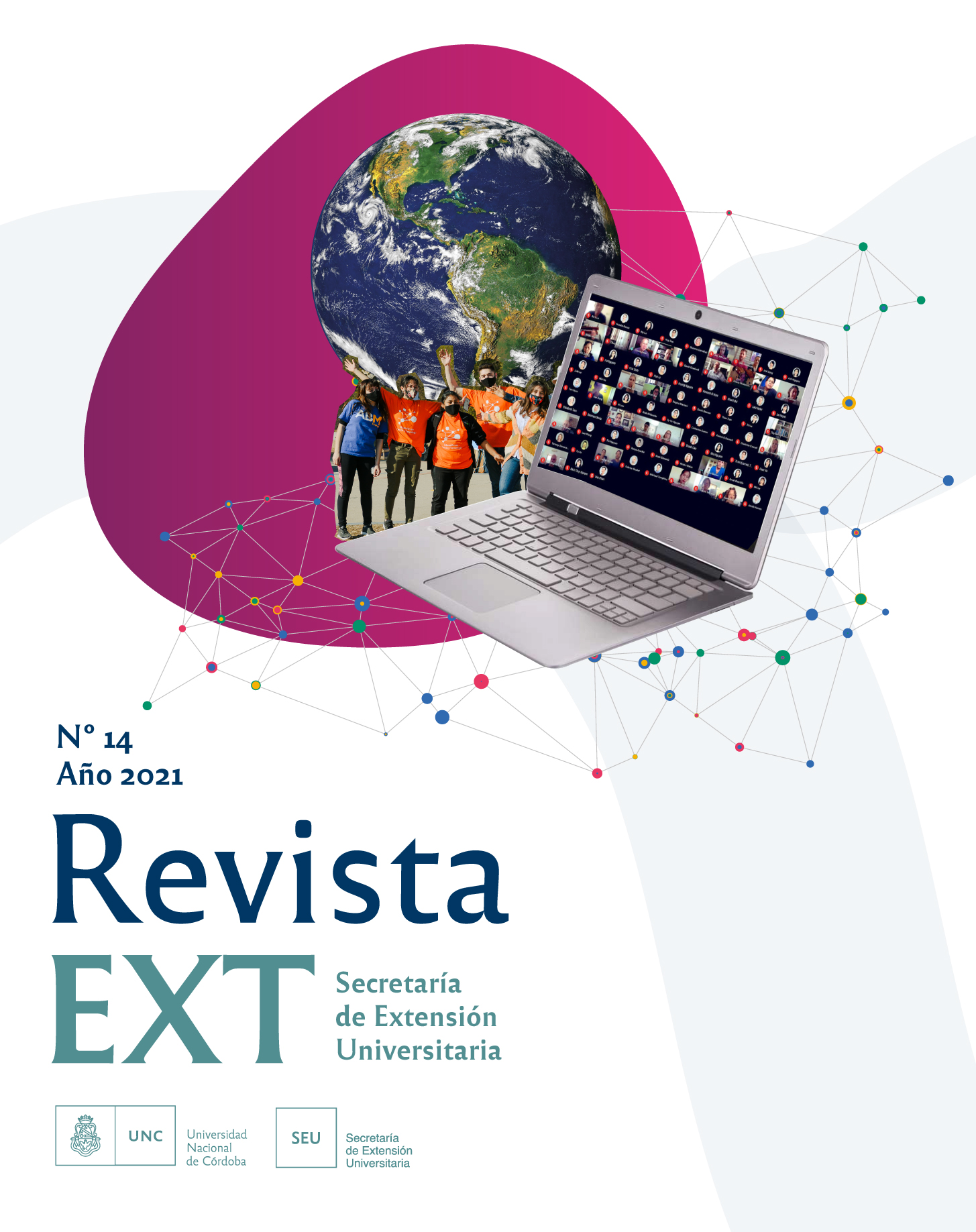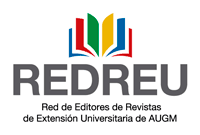Jerarquizar la cooperación en pandemia: la potencia del trabajo colectivo
Keywords:
University outreach ; Socio-community programs ; InclusionAbstract
We have read numerous articles from different international organizations (World Health Organization, United Nations, Pan American Health Organization) among others that express their concern about the effects that the COVID-19 pandemic has on people and the community, and have urged the States to adopt measures to protect life, the right to health and personal integrity in accordance with human rights standards, on the basis of preventing the spread of COVID-19. In this particular context of a health emergency, it is possible to make visible the deepening and reinforcement of inequalities in the most impoverished sectors of our society. The gap between access and exclusion is widening. From the team of the Cooperation Directorate (DCO), which depends on the Secretariat for Cooperation and Public Service (SCySP) of the National University of Lanús (UNLa), we challenge the ways of going through this pandemic situation and collectively ask ourselves about the new approaches of intervention and work afterwards. If we understand cooperation as an exchange among individuals, how can we work when physical contact is not at play provided that this was the basis and main way of working before the pandemic?
Downloads
References
CASTELLS, Manuel (2002, 10 de Abril). La dimensión cultural de Internet. Instituto de Cultura: Debates Culturales. Universitat Oberta de Catalunya. Recuperado de http://www.uoc.edu/culturaxxi/esp/articles/castells0502/castells0502.html.
GUZMAN Graciela, (2019) TELETRABAJO decente en Argentina. Primer libro blanco nacional de buenas prácticas en teletrabajo, trabajo remoto y trabajo conectado. Secretaria de Estado de Promoción, Protección y Cambio Tecnológico. Ministerio de Producción y Trabajo de la Nación. Recuperado de https://www.argentina.gob.ar/sites/default/files/20191009_libro_blanco_de_teletrabajo.pdf (consultado 19 de mayo 2021)
HAYTER Susan (2020) en: “Trabajar desde la oficina podría convertirse en una reliquia del pasado en el mundo post-COVID-19”. Martin Bolotsky, artículos Organización de la Naciones Unidas. Recuperado de https://news.un.org/es/story/2020/06/1475242 ( consultado 23 de agosto 2021)
JARAMILLO Ana, (2017)“La universidad frente a los problemas nacionales”, Remedios de Escalada, 2da. Ed., EDUNLa cooperativa.
Organización Mundial de la Salud. Aspectos prácticos del uso del SMVRG para la vigilancia de la COVID-19 (orientaciones provisionales) Disponible en https://apps.who.int/iris/handle/10665/331706,(consultado el 18 de marzo de 2021).
Organización Panamericana de la Salud. Recursos e información Pandemia Covid-19. Recuperado de https://www.paho.org/es/recursos-informacion-covid-19-argentina (consultado 17 de mayo 20219)
ZELMANOVICH, P. (2003). Contra el desamparo. En: “Enseñar Hoy. Una introducción a la Educación en tiempos de crisis”. Fondo de Cultura Económica. Buenos Aires. Disponible en: http://campuseducativo.santafe.gob.ar/wp-content/uploads/Contra-el-desamparo.-Perla-Zelmanovich.pdf (consultado 13 de agosto de 2019)
Downloads
Published
Issue
Section
License

This work is licensed under a Creative Commons Attribution-NonCommercial-ShareAlike 4.0 International License.
Aquellos autores/as que tengan publicaciones con esta revista, aceptan los términos siguientes:
- Los autores/as conservarán sus derechos de autor y garantizarán a la revista el derecho de primera publicación de su obra, el cuál estará simultáneamente sujeto a la Licencia de reconocimiento de Creative Commons que permite a terceros compartir la obra siempre que se indique su autor y su primera publicación esta revista.
- Los autores/as podrán adoptar otros acuerdos de licencia no exclusiva de distribución de la versión de la obra publicada (p. ej.: depositarla en un archivo telemático institucional o publicarla en un volumen monográfico) siempre que se indique la publicación inicial en esta revista.
- Se permite y recomienda a los autores/as difundir su obra a través de Internet (p. ej.: en archivos telemáticos institucionales o en su página web) después del proceso de publicación, lo cual puede producir intercambios interesantes y aumentar las citas de la obra publicada. (Véase El efecto del acceso abierto).





